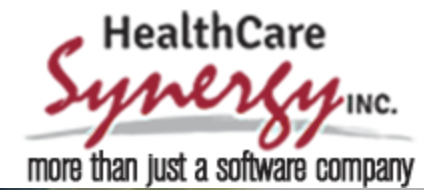Managed Medicare Plans: Update on Requirements for Prior AuthorizationUsed with Permission - ©2023 Elizabeth E. Hogue, Esq. All rights reserved. No portion of this material may be reproduced in any form without the advance written permission of the author. Many providers are bedeviled by the practices of Medicare Advantage Plans. Problems include:
These activities have caused providers to discontinue relationships with such Plans. Attempts by Plans to address these issues have largely fallen flat. Providers, for example, describe promised reductions in requirements for prior authorization as “payor antics.” The American Hospital Association (AHA) recently reported that denials by Medicare Advantage Plans have spiked by 56% and revenue reductions increased 55.7%. Chris Van Gorder, President and CEO of Scripps, summed up the situation in Beckers as “a game of delay, deny and not pay.” A key problem for providers is, of course, that approximately 50% of Medicare beneficiaries are enrolled in such Plans. Despite all of the above, providers question whether they can afford to discontinue relationships with Medicare Advantage Plans. Recently, however, UnitedHealthcare has decided to update its prior authorization review process for home health services effective on January 1, 2024. Here are key aspects of the new process:
It is entirely unclear how this new process will affect providers. It looks like providers will be paid for start of care visits and for thirty days of care after start of care visits, but will they actually be paid? It is also possible that prior authorization will be extremely burdensome for providers. Submissions must be made for each discipline and it is unclear how much documentation will be required to support provision of additional services. All types of providers may view United’s latest efforts to improve the prior authorization process for home health agencies in a positive light. Perhaps United will expand these efforts to them, but the jury is still very much out! |

